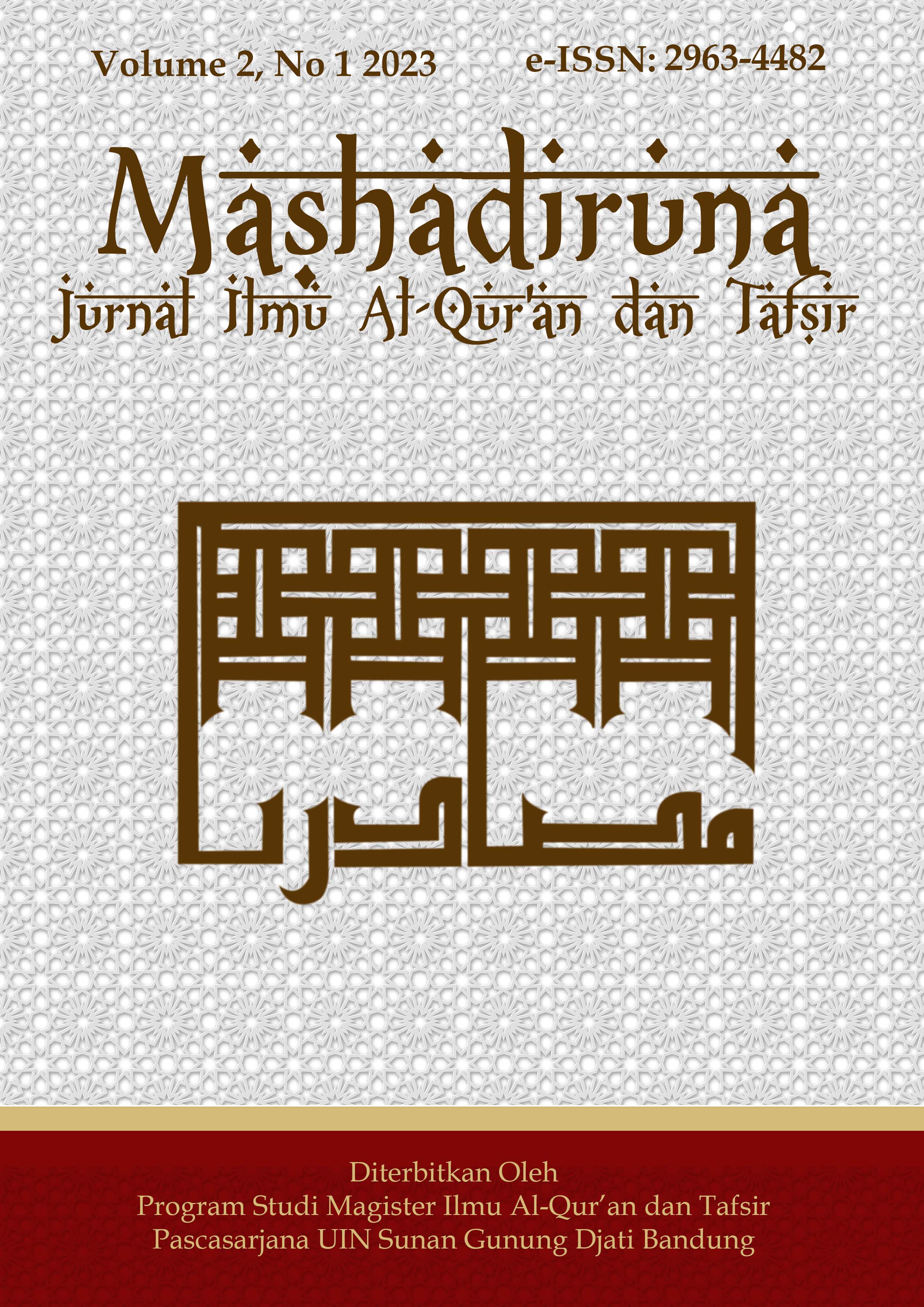Women and politics from the Perspectives of the Qur'an: A thematic tafsir study
DOI:
https://doi.org/10.15575/mjiat.v4i2.34853Keywords:
Islamic politics, progressive Islam, public spaces, Qur'anic interpretation, women studiesAbstract
Islam is a religion which, in general understanding, is a universal religion. Islam is a teaching with broad dimensions, not just in one aspect, but covering several general aspects. Including the political aspect is an important part of Islam. In QS. Al-Taubah verse 7 contains a discussion of history and how, during the time of Rasulullah SAW, he solved a problem using politics. So that Islamic politics can regulate a good state and society. Apart from that, there is a discussion regarding the aspects of a leader who has good principles as a leader in the world of politics, contained in QS. Ali Imran verse 159, so that it can be a role model and guide in determining all decisions in politics. The position of women in the public sphere is also important in the world of politics, how a woman can become a leader but still maintain her dignity and position as a woman.
References
Abou El Fadl, K. (2014). The Military, Secular Intelligentsia and Religion in EgyptTs Pseudo-Secular State. Routledge Handbook of the Arab Spring: Rethinking Democratization, 253.
Ahmad, N., bin Asmad, A., & Ariffin, D. I. (2024). The Role of Treaties in Islamic and Modern International Law: A Comparative Analysis. Manchester Journal of International Economic Law, 1.
Ahmad, N., Zamri, Z. H., & Omarali, N. S. (2024). Islamic nations’ approaches to combating gender discrimination against women: an examination of the Southeast Asia region. De Jure: Jurnal Hukum Dan Syar’iah, 16(2), 501–530. https://doi.org/http://dx.doi.org/10.18860/j-fsh.v16i2.29965
Al-Suwaidi, J. S. (2022). The Muslim Brotherhood in the United Arab Emirates: Miscalculations. Prof. Jamal Sanad Al-Suwaidi.
Alfiyah, N., Barizi, A., Kawakip, A. N., & Muhammad, A. A. (2024). Women’s Leadership, Sharia Law, and Society 5.0: A Review of Istibsyaroh’s Thoughts. An-Nida’, 48(2), 245–264. https://doi.org/https://ejournal.uin-suska.ac.id/index.php/Anida/article/view/32656/11984
Ali, Z., Anjum, G. M., Iqbal, J., & Ahmad, I. (2024). The Role of Islamic Values in Promoting Social Justice and Community Welfare. International Research Journal of Management and Social Sciences, 5(1), 575–585.
Anello, G. (2021). The Concept of’Contractual Citizenship’in the Charter of Medina (622 Ce): A Contemporary Interpretation. Islamochristiana, Journal of the PISAI Rome.
Ayubi, Z. (2020). Islamic gender ethics: traditional discourses, critiques, and new frameworks of inclusivity. In The Routledge Handbook of Islam and Gender (pp. 57–67). Routledge.
Downloads
Published
Issue
Section
License
Copyright (c) 2025 Muharris Arrozaq

This work is licensed under a Creative Commons Attribution-ShareAlike 4.0 International License.
Authors who publish with this journal agree to the following terms:
- Authors retain copyright and grant the journal right of first publication with the work simultaneously licensed under a Creative Commons Attribution License that allows others to share the work with an acknowledgment of the work's authorship and initial publication in this journal.
- Authors are able to enter into separate, additional contractual arrangements for the non-exclusive distribution of the journal's published version of the work (e.g., post it to an institutional repository or publish it in a book), with an acknowledgment of its initial publication in this journal.
- Authors are permitted and encouraged to post their work online (e.g., in institutional repositories or on their website) prior to and during the submission process, as it can lead to productive exchanges, as well as earlier and greater citation of published work (See The Effect of Open Access).
